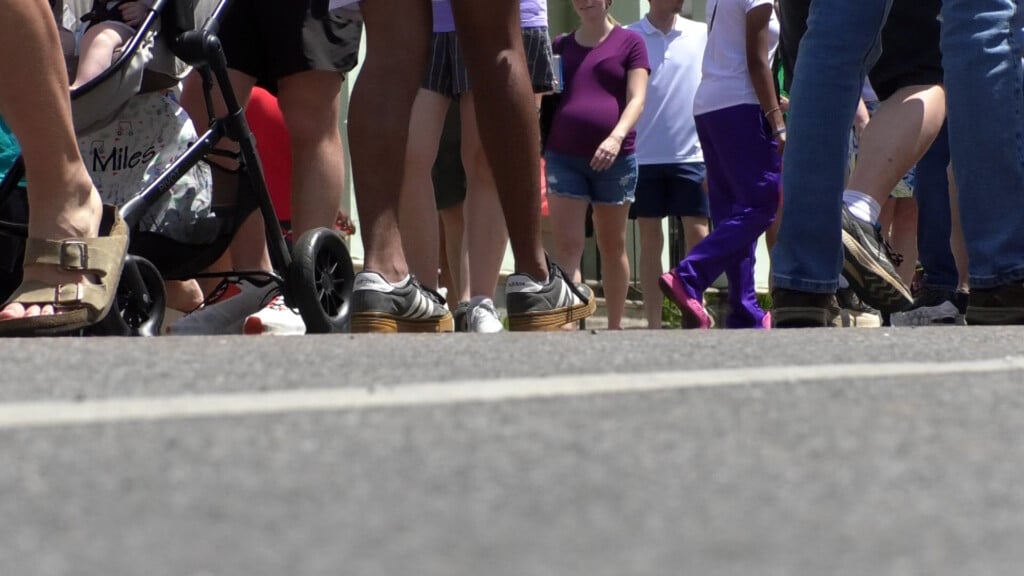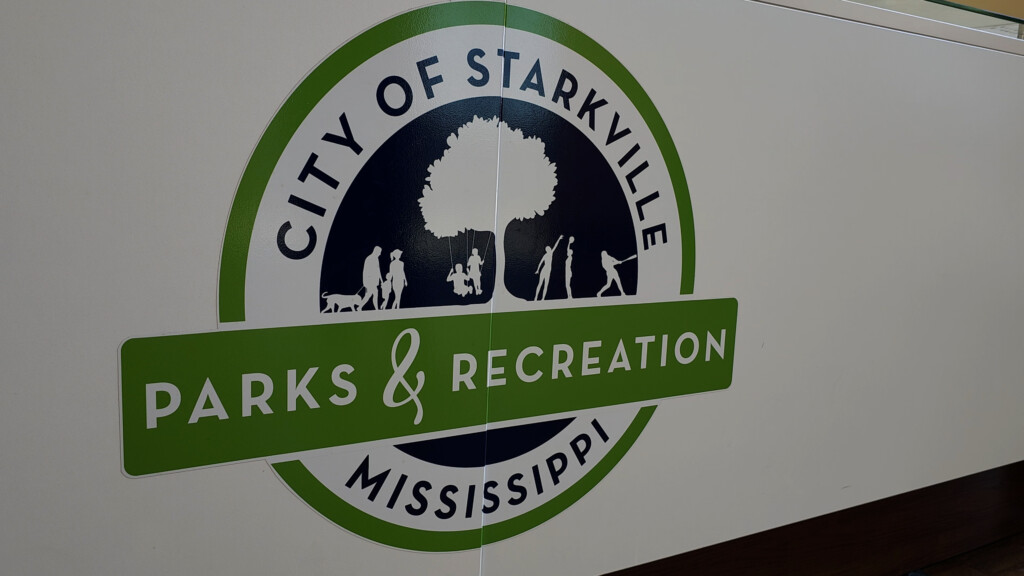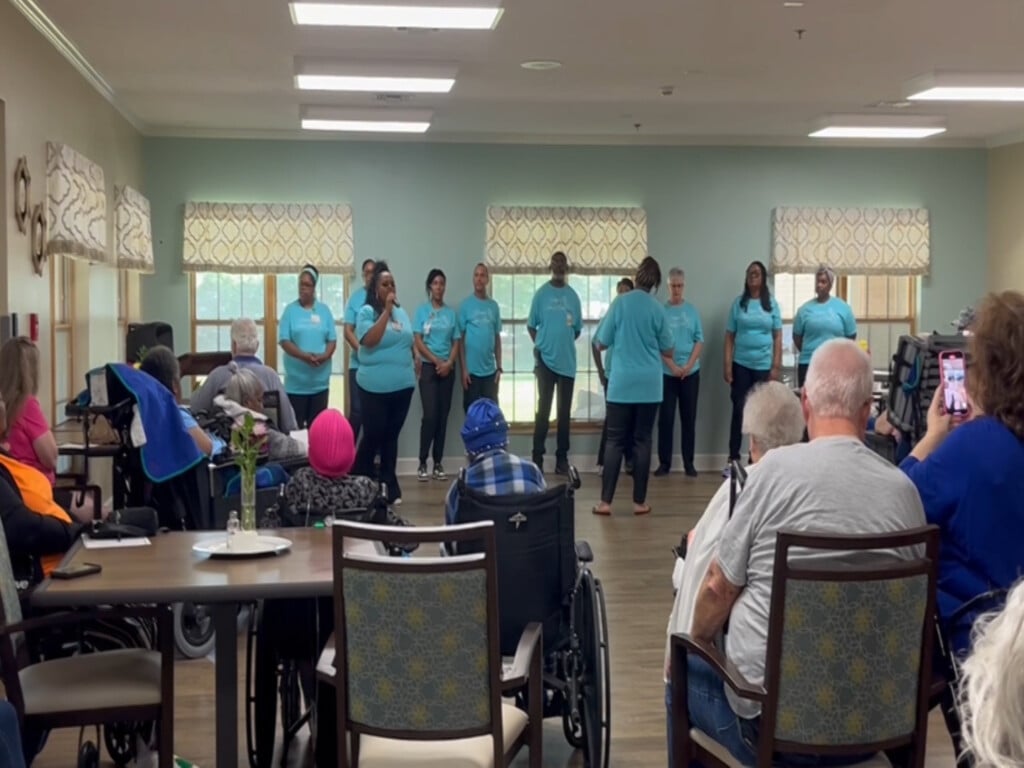Students demand that colleges refund tuition
They wanted the campus experience, but their colleges sent them home to learn online during the coronavirus pandemic. Now, students at more than 25 U.S. universities are filing lawsuits against their schools demanding partial refunds on tuition and campus fees, saying they’re not getting the caliber of education they were promised.
Colleges reject the idea that refunds are in order because students are learning from the same professors who teach on campus and students are still earning credits toward their degrees.
Grainger Rickenbaker, a freshman who filed a class-action lawsuit against Drexel University in Philadelphia, said the online classes he’s been taking are poor substitutes for classroom learning.
“You just feel a little bit diminished,” said Rickenbaker, 21, of Charleston, South Carolina. “It’s just not the same experience I would be getting if I was at the campus.”
Other students report similar experiences. A complaint against the University of California, Berkeley, says some professors are simply uploading assignments with no video instruction. A case against Vanderbilt University says class discussion has been stymied and the “quality and academic rigor of courses has significantly decreased.” In a case against Purdue University, a senior engineering student said the closure has prevented him from finishing his senior project, building an airplane.
Class-action lawsuits demanding tuition refunds have been filed against at Ivy League schools including Brown, Columbia and Cornell, as well as large public schools including Purdue in Indiana and the University of Colorado, Boulder.
Ken McConnellogue, a spokesman for the University of Colorado, said the suits appear to be driven by a small number of “opportunistic” law firms.
“Our faculty have been working extremely hard to deliver an academic product that’s got the same high standards, high-quality academic rigor as what they would deliver in the classroom,” McConnellogue said. “It’s different, no doubt. And it’s not ideal. We all would prefer to have students on our campuses, but at the same time, we’re in the middle of a global pandemic here.”
Officials at Michigan State said students are still taking classes taught by qualified faculty, and the school is still offering tutoring services, academic advising, faculty office hours and library services.
“We don’t negate that this has been a difficult time for our university, especially for our students,” Emily Guerrant, a Michigan State spokeswoman, said in a statement. The school has taken on new costs to move instruction online, she added, but “we have maintained our commitment to providing meaningful and robust learning experiences at no additional cost to our Spartans.”
Lawyers representing students, however, say the refunds are a matter of fairness.
“You cannot keep money for services and access if you aren’t actually providing it,” said Roy Willey of Anastopoulo Law Firm in South Carolina, which represents students in more than a dozen cases. “If we’re truly going to be all in this together, the universities have to tighten their belts and refund the money back to students and families who really need it.”
Along with tuition, the cases also seek refunds for fees that students paid to access gyms, libraries, labs and other buildings that are now closed. Students at Liberty University in Virginia filed suit last month, arguing they deserve their fee money returned.
The lawsuits ask courts to answer a thorny question that has come to the fore as universities shift classes online: whether there’s a difference in value between online instruction and the traditional classroom.
Even before the first lawsuits were filed, demands for tuition refunds had been spreading. Students at dozens of schools, including Syracuse University and the University of Arizona, created petitions calling for refunds. Scores of schools have returned portions of housing and dining fees, but few have agreed to return any share of tuition.
Colleges counter that the coronavirus has put them under sharp financial strain, too. Some estimate that they could lose up to $1 billion this year as they brace for downturns in student enrollment, state funding and research grants.
But the lawsuits say it’s not fair to pass those losses on to students. Jennifer Kraus-Czeisler, a lawyer firm Milberg Phillips Grossman in New York, which represents students, said colleges have a duty to return fees for services they aren’t providing.
“We’re not disparaging the schools for closing. They did what was appropriate,” Kraus-Czeisler said. “But they’re profiting at the expense of students. It just seems unconscionable.”





Leave a Reply